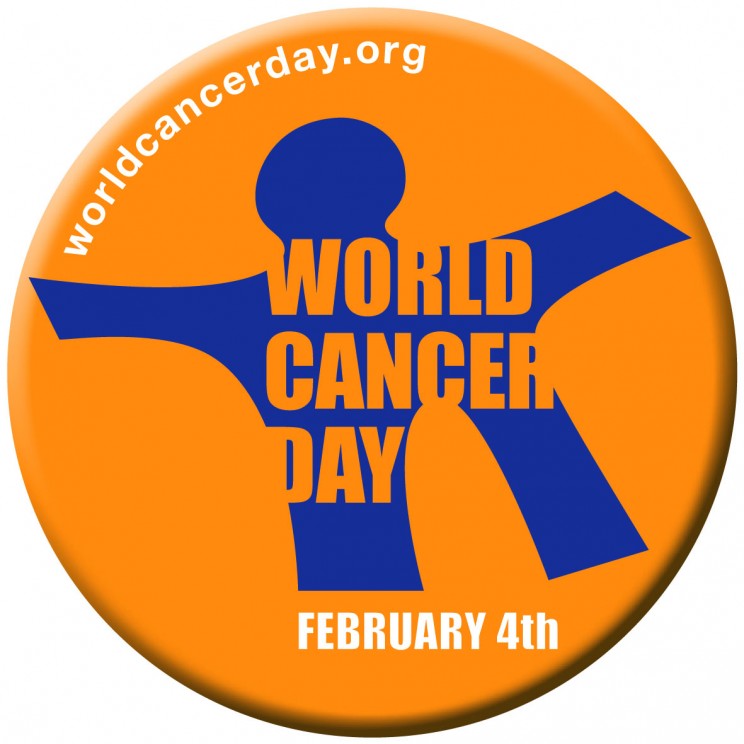On World Cancer Day 2012, we speak with Dr Lauren Pecorino, author of Why Millions Survive Cancer: the Successes of Science, to learn the latest in the field of cancer research. – Nicola

There are so many myths about cancer that it is sometimes difficult to understand exactly what it is. Can you briefly explain how cancer develops?
Cancer is a disease of the human genome. Many agents that cause cancer cause permanent changes to your genes. These permanent changes are called mutations. Cancer is usually caused by the accumulation of mutations over time. This is why cancer risk increases with age. The altered genes may produce faulty proteins that lead to abnormal cell growth and this appears as a tumour. Cancer is characterized by abnormal cell growth and the ability of tumour cells to spread throughout the body. It is this second characteristic, called metastasis that is the most difficult aspect to treat.
It is said that cancer now affects one in three people over a lifetime. What’s the latest progress in the field of cancer research?
There has been tremendous progress in the field of cancer management. The good news is that trends in death rates are decreasing for many cancers though that is not to say for all cancers. There are millions of cancer survivors who have had their diagnosis ten or more years ago. Many people are now living with cancer. Conventional treatments such as surgical procedures have been refined and new drugs that target tumour-specific molecules have proved efficient and promises less side effects.
In addition, we are learning to make lifestyle choices that science has shown reduces cancer risk — the most obvious being not smoking. We also have cancer screening programmes that can catch cancer early and even prevent cancer by treating pre-cancerous growths. The latest means for preventing a specific type of cancer is a cancer vaccine. Interestingly the vaccine designed to prevent cervical cancer vaccine also prevents several other cancers caused by the human papilloma virus such as some head and neck cancers.
What do you see as the priorities for future cancer research? Where will the next great advances be?
I see four main priorites for future cancer research.
1 – To develop better and less invasive diagnostics so that we can detect cancer earlier. It is well-known that catching cancer earlier gives a better outcome or prognosis.
2 – To expand our understanding of the individual molecular differences between tumors and to be able to fully practice personalized medicine which allows a better match between a patient and a drug. This understanding will need to be supported by technology that allows a patient’s tumour DNA to be sequenced (similar to the methods used for the Human Genome Project).
3 – To understand if we can turn a cancer cell back into a normal cell. This may sound strange but lessons from stem cells and cloning tell us that changing one cell type into another is possible.
4 – To better understand metastasis and how we can better treat it. The spreading of cancer cells throughout the body is the most difficult aspect of treating


